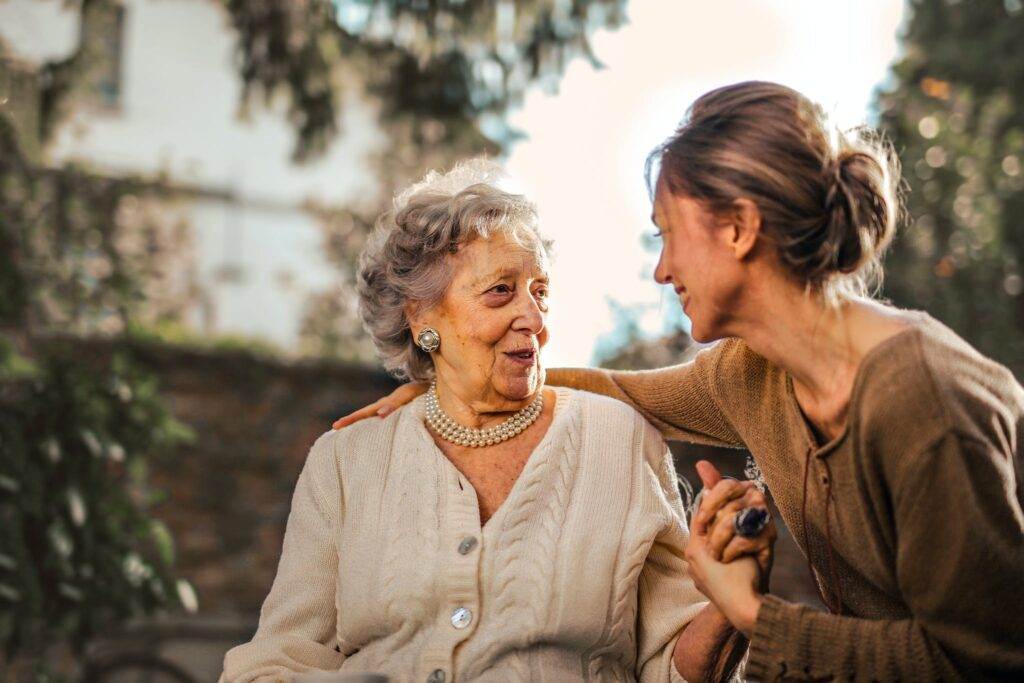Importance of Social Connections for Seniors
Introduction
Today we take a look at Importance of Social Connections for Seniors.
Firstly, loneliness and social isolation are critical issues that significantly affect the elderly. These challenges often lead to detrimental effects, not only on mental health but also on physical well-being. With age, the circle of friends tends to shrink, mobility may become restricted, and life circumstances like retirement or the loss of a spouse can contribute to increased feelings of loneliness.
Yet, there is hope. Seniors can employ various strategies to maintain their social connections and improve their quality of life. This article will delve into the profound impact of social isolation on seniors and offer invaluable tips for staying connected with friends and family.

The Gravitational Pull of Social Isolation
Psychological Impact
Loneliness isn’t merely an emotional state; it can significantly impact mental health. Seniors who experience frequent periods of social isolation are more susceptible to depression, anxiety, and cognitive decline. Additionally, isolated seniors are 64% more likely to develop clinical dementia, further emphasizing the necessity of social interactions for a well-balanced mind.
Physical Repercussions
Believe it or not, social isolation can also have severe physical consequences. Lack of social interaction can lead to higher blood pressure, increased risk of heart disease, and a weakened immune system. Research suggests that social isolation can be as damaging to physical health as smoking 15 cigarettes a day, putting a considerable strain on well-being.
The Economic Costs
Beyond the personal toll, loneliness has broader economic implications. Isolated seniors are more likely to require long-term medical care, adding to healthcare costs. According to a study by AARP, isolated seniors cost Medicare an additional $6.7 billion annually.

The Bright Side: Benefits of Social Connections
Emotional Stability
Social connections play an essential role in maintaining emotional stability. Engaging in meaningful conversations and activities can uplift spirits and contribute to overall happiness.
Cognitive Function
Interacting with others can also help seniors keep their minds sharp. Social activities often involve problem-solving or strategy, whether you’re playing a board game or discussing current events, contributing to enhanced cognitive function.
Physical Health
Believe it or not, simply talking and engaging in activities can lead to physical benefits as well. Lower stress levels often translate into lower blood pressure, improved immune function, and even a longer lifespan.

Practical Tips for Staying Connected
Embrace Technology
Don’t shy away from technology; it’s a gateway to maintaining connections. Simple devices and apps like Skype, FaceTime, and Zoom can facilitate video calls with friends and family, making distances seem less daunting.
Engage in Community Activities
Community centers, churches, and other social organizations often offer programs explicitly tailored for seniors. Participate in these events to meet like-minded individuals and engage in fun, constructive activities. Check out this website for more information.
Exercise Together
Join a local senior-friendly exercise class. Physical activity not only keeps you healthy but also provides an excellent opportunity for social interaction.
Revive Old Friendships
It’s never too late to reconnect with old friends. Even if you’ve lost touch, a simple phone call or message can reignite friendships that have stood the test of time.
How to Support the Seniors in Your Life
Regular Visits
Make it a point to visit your elderly relatives regularly. Your presence can make a world of difference in combating feelings of isolation.
Teach Them Technology
Take the time to teach the seniors in your life how to use smartphones or computers, opening up a world of social connectivity for them.
Encourage Socialization
Encourage your elderly loved ones to step out and meet people. Whether it’s attending a community event or merely going for a walk in the park, a little nudge can go a long way.
Conclusion
The impact of social isolation on seniors is far-reaching, affecting emotional, cognitive, and physical health. However, by employing strategies like embracing technology, engaging in community activities, and maintaining a regular exercise routine, seniors can combat loneliness and lead a fulfilling life. Friends and family play a vital role in encouraging this social connectivity, bridging the gap created by age and life circumstances.
Additional Resources
Social connections are not just a nice-to-have but a must-have for seniors. So let’s prioritize them, for the sake of our emotional well-being, cognitive function, and even our longevity.

